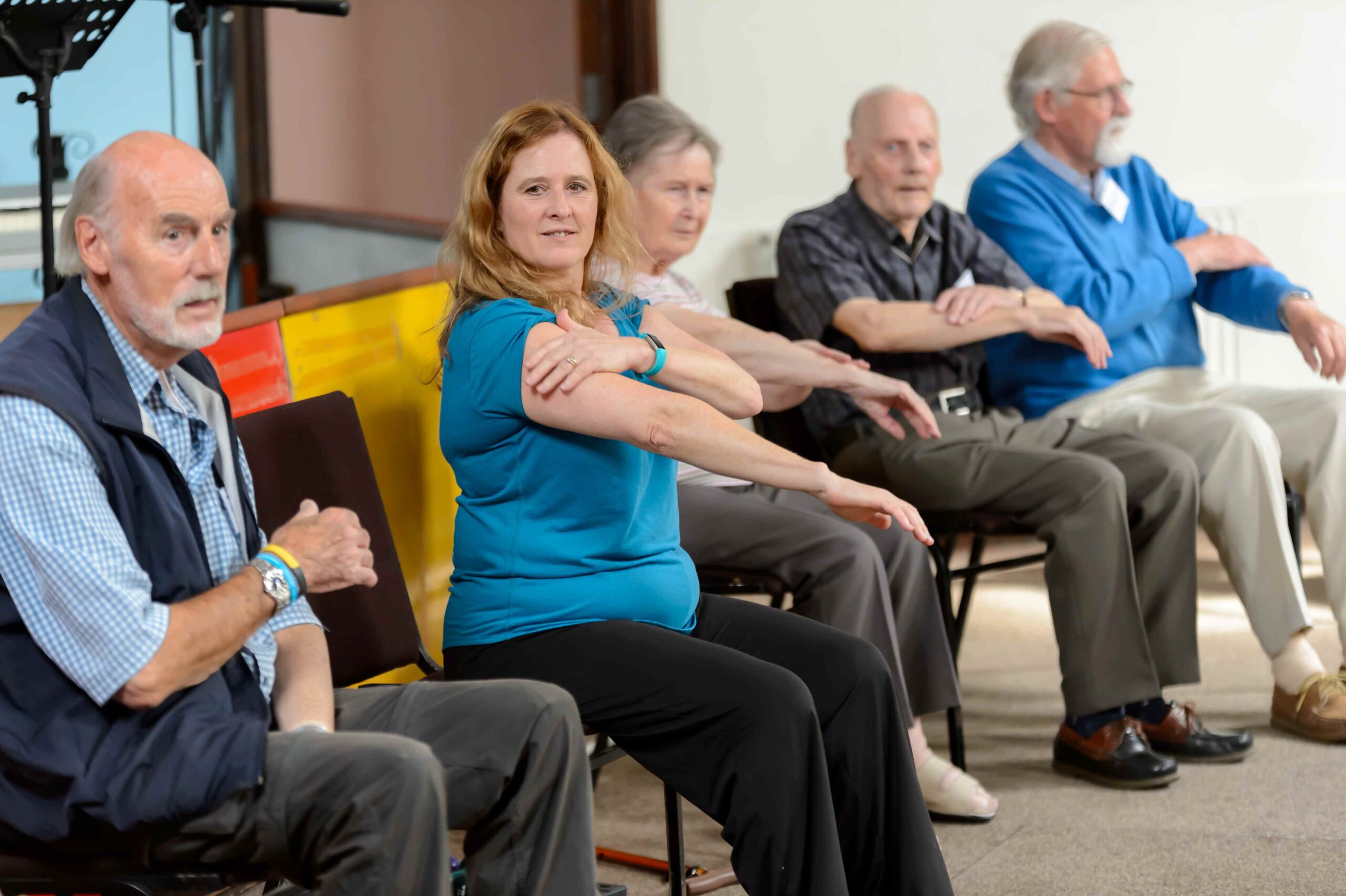
The latest Active Lives survey results for adults were published by Sport England today (25 April).
Covering the period from November 2022 to November 2023, the results show that overall activity levels have remained stable over the last 12 months despite challenges that people have recently faced, like the increased pressure brought by the cost of living, with just over six in 10 adults (29.5 million) meeting the Chief Medical Officer’s guidelines of doing 150 minutes or more of moderate intensity physical activity a week.
The results reveal that compared to the survey baseline from November 2015 to November 2016, there are two million more active adults but that there is no change in the proportion of inactive adults.
The survey has also shown that the impact on different demographics has varied in that same seven-year period. The growth in activity levels during this period has been similar for men and women, with a 1.4% increase for men and 1.3% for women. When it comes to age, activity levels are down 2.2% since November 2016 for people aged 16 to 34 but in the same period there has been a positive increase of 5.3% (which translates to 1.5 million people) among the 55 to 74 age group and there was also an increase in the 75+ category.
There are also 4.2% more active adults with a disability or long-term health condition compared to November 2015-2016 but no black, Asian or minority ethnic group is showing a reportable difference in the proportion who are active in that same period.
When affluence is considered, the most affluent areas have seen long-term growth but by contrast, the least affluent areas have seen a drop by 2.2% over the same period and the most deprived places have seen the proportion of active adults fall by 2.5% since November 2015-16.
Andy Taylor, CEO of the Active Partnerships National Organisation, responded to the results: “It’s pleasing to see that overall activity levels are as high as they have been since the survey began, especially given the challenges that the global pandemic and increased cost of living have brought, but the widening of inequalities reinforces why the work of the Active Partnerships network and its partners is so crucial.
“The results also underline that the sector must not only continue to work closely together but must also double down on the work being done on cross-sector collaboration, to ensure that the Uniting the Movement strategy is fully embraced and delivered by everyone that has a role to play.
“One of the most positive aspects of today’s results is to see the increase in activity levels with the older age groups, as supporting healthy active ageing has been a focus for the network in recent years with movements like ‘Live Longer Better’ being adopted by 30 of our 43 Active Partnerships during the last few years. This movement has attracted more than 20,000 participants across England so far.”
“The Active Lives results also reveal an improvement since November 2015-16 for people with disabilities and long-term health conditions and this is also an ongoing area of work for the network, with even more work currently being done to foster a closer relationship with relevant charities and healthcare partners.
“One of the persistent inequalities that we continue to see relates to activity levels based on where someone lives. Over the long-term we’re seeing a growing divide with the most deprived places having seen the proportion of active adults fall by 2.5% in the seven-year period. This means that the £250 million investment in places that need the most support, announced by Sport England at the end of 2023, is very timely and the results released today clearly reinforce that this is the right approach to take.
“Our Active Partnerships are experts in taking a place-based approach to reducing inequalities and partner with local and national stakeholders to help transform lives through movement, physical activity and sport. Each of the 43 organisations in the network has a deep understanding of the needs and issues in their own area, with an extensive knowledge of local people, communities, stakeholders and systems and their work in partnership with Sport England and others will have an ongoing significance as the hard work continues across the network to help tackle the ongoing inequalities highlighted again by today’s survey results.”
You can find out more about today’s Active Lives Adult Survey results here and the full report is available here.